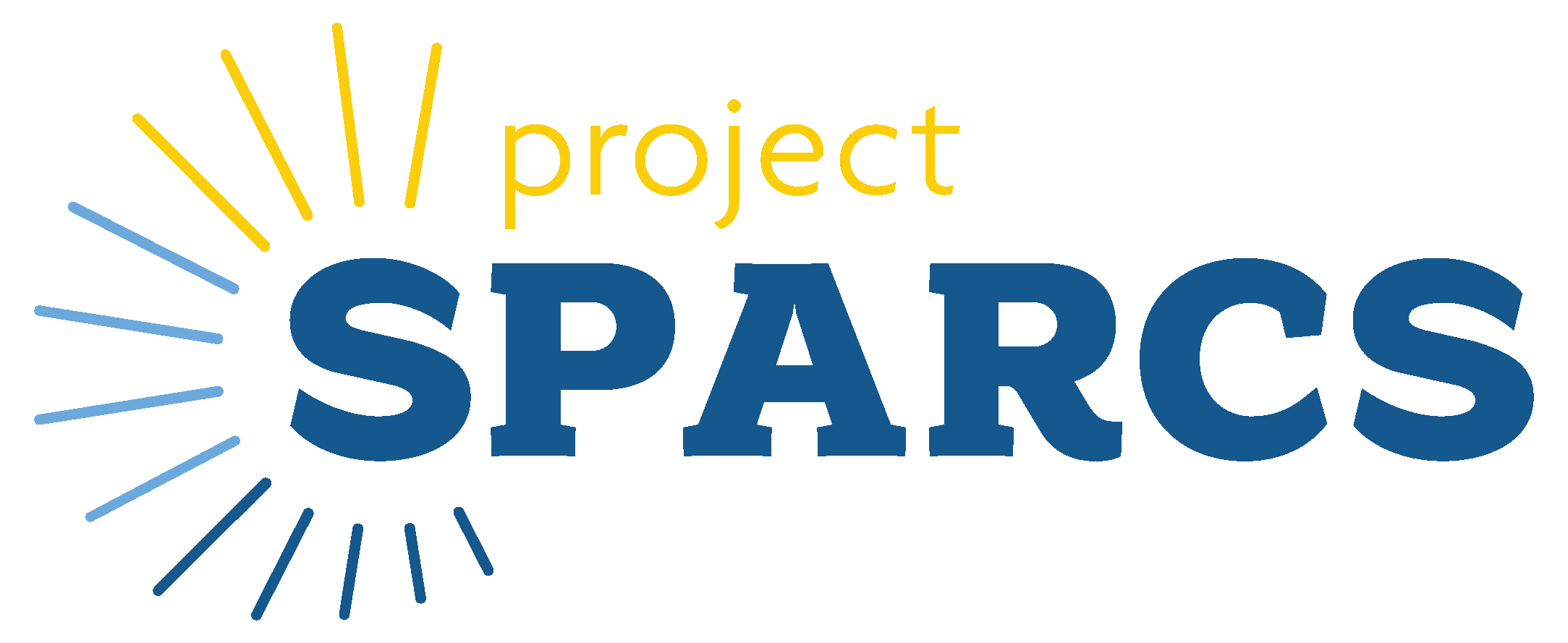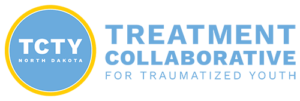Project SPARCS aims to increase access to high-quality, culturally appropriate and evidence-based treatment for youth experiencing chronic stress in Regions III and VII and Tribal Communities and start to build sustainable infrastructure to continue services.
Project SPARCS

Project SPARCS is about exploring ways to strengthen systems of care for youth, reduce barriers, and improve health equity so youth can heal and reach their goals.
SPARCS Treatment
SPARCS stands for Structured Psychotherapy for Adolescents Responding to Chronic Stress. SPARCS is an empirically-supported group trauma treatment designed to improve the emotional, social, academic, and behavioral functioning of adolescents exposed to trauma and chronic stress. *DeRosa & Pelcovitz, 2006 SPARCS has been successfully implemented with at-risk youth in schools, juvenile justice, and residential programs in several states.
SPARCS Treatment Goals
Helping adolescents cope more effectively in the moment, enhancing self-efficacy, connecting with others, and establishing supportive relationship, cultivating awareness, and creating meaning in their lives.

Cultivate Awareness

Cope More Effectively

Connect with Others

Create Meaning and Purpose
SPARCS Goals for Youth
Goal 1
Understand stress and trauma
Goal 2
Manage emotions, so the emotions don’t manage you
Goal 3
Thought awareness
Goal 4
Make informed decisions
Goal 5
Improve communication skills
Goal 6
Build supportive relationships
Goal 7
Create meaning for the past and purpose for the future
Key Components
Trauma, Psychoeducation, Mindfulness, Problem-Solving, Meaning-Making, Communication, Distress Tolerance
Project SPARCS Activities

Goal 1
Host SPARCS Learning Collaboratives and training treatment teams of mental health providers in SPARCS

Goal 2
Increase access to evidence-based mental health services for youth in schools and community programs in both rural and urban areas of Regions III, VII and Tribal Nations by forming treatment teams and supporting the teams

Goal 3
Educate school staff on trauma and the SPARCS model
SPARCS Team
- Nicola Herting, PhD, Project Director
- Emily Sargent, PhD, Cultural Diversity Director, Implementation Lead
- Angie Perry, LBSW, Lead Project Coordinator
- Victoria Williams, PhD, Implementation Lead
- Eneida Viella, MA Implementation Lead
- Julia Bartholomay, BS, Project Coordinator
- Skylar Borg, BS, Project Coordinator

This project is associated with North Dakota’s System of Care Grant (SOC), funded by the federal Department of Health and Human Services (DHHS), Substance Abuse and Mental Health Services Administration (SAMHSA), administered through the North Dakota Department of Health and Human Services – Behavioral Health Division.


